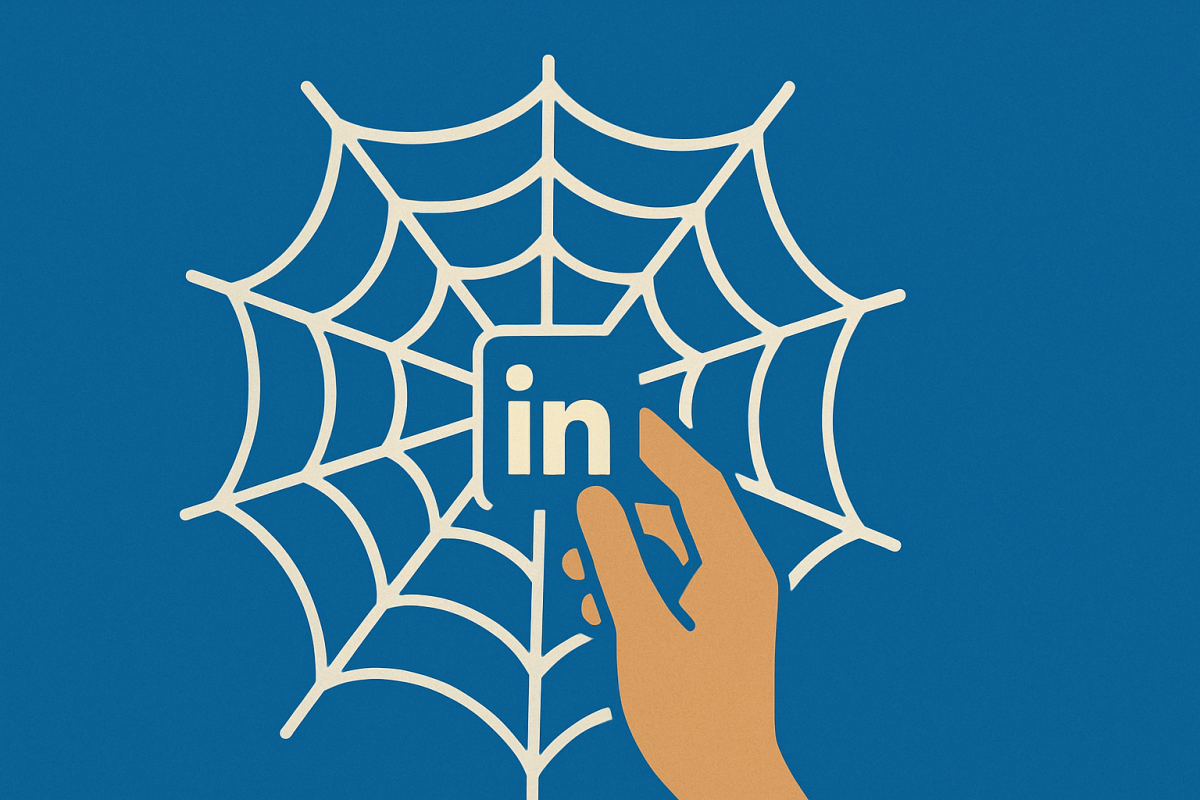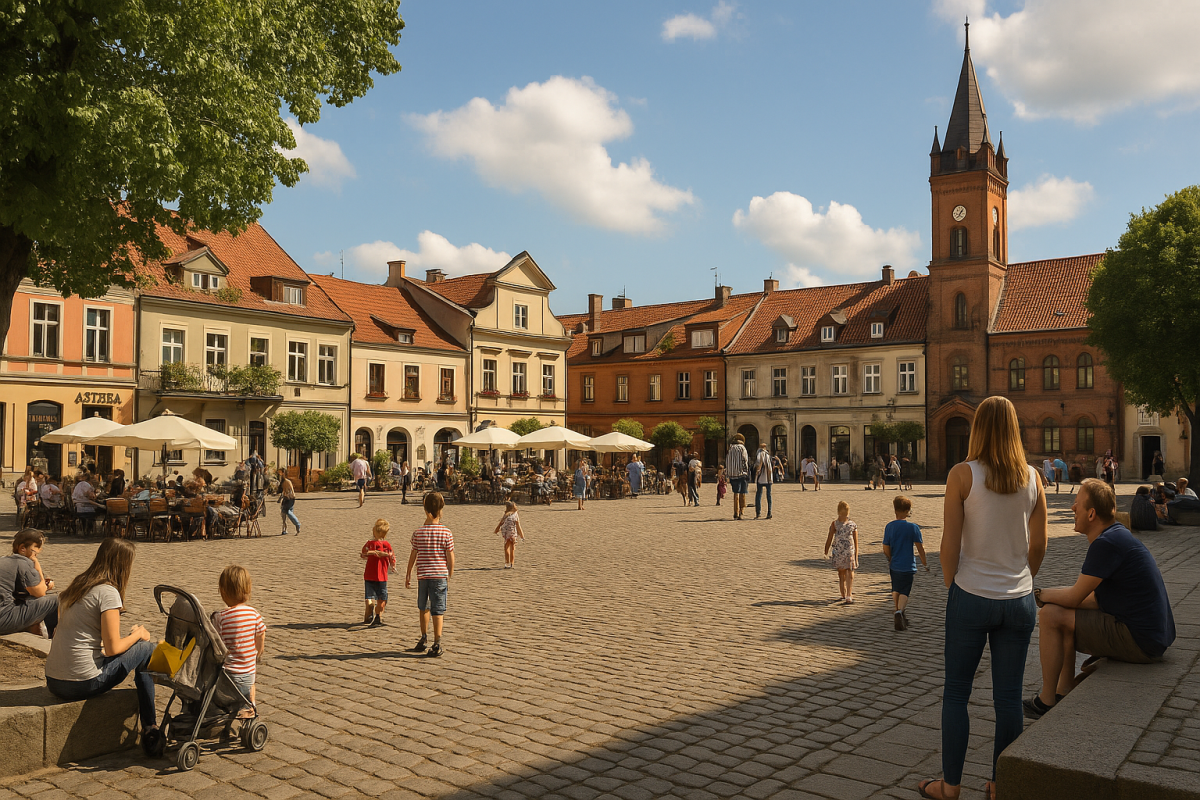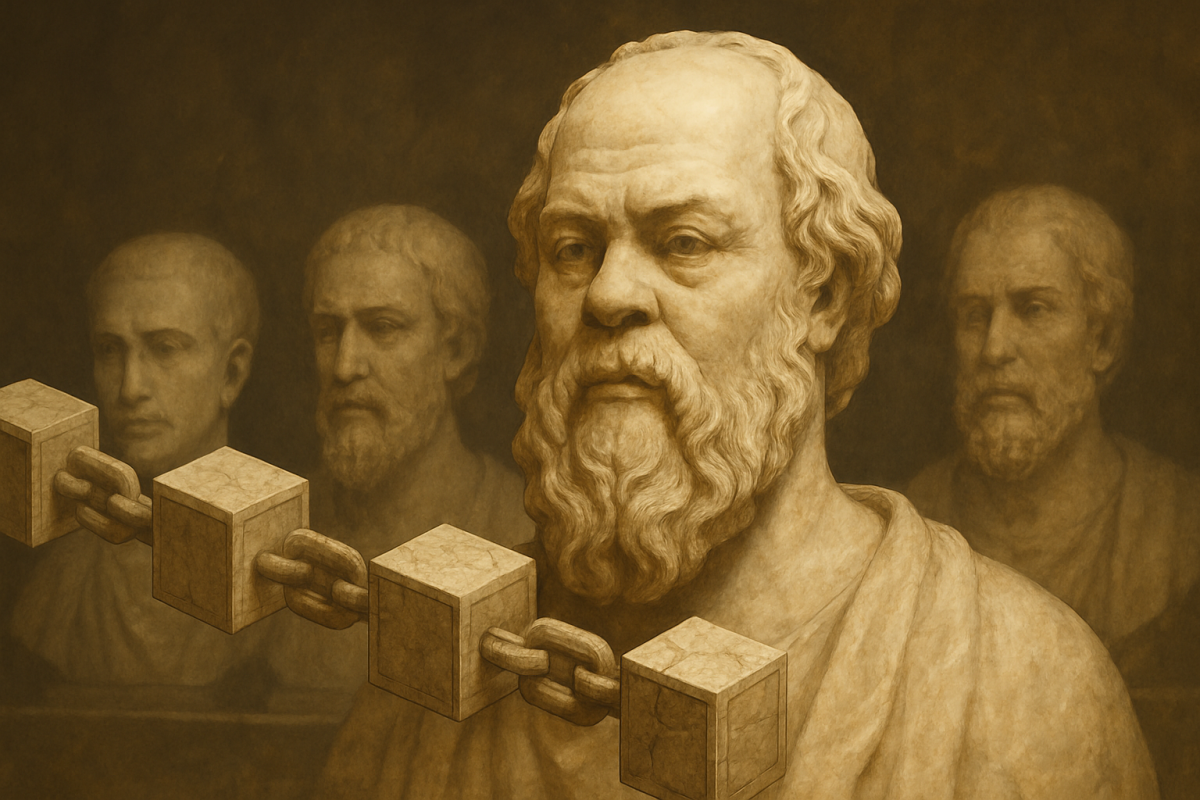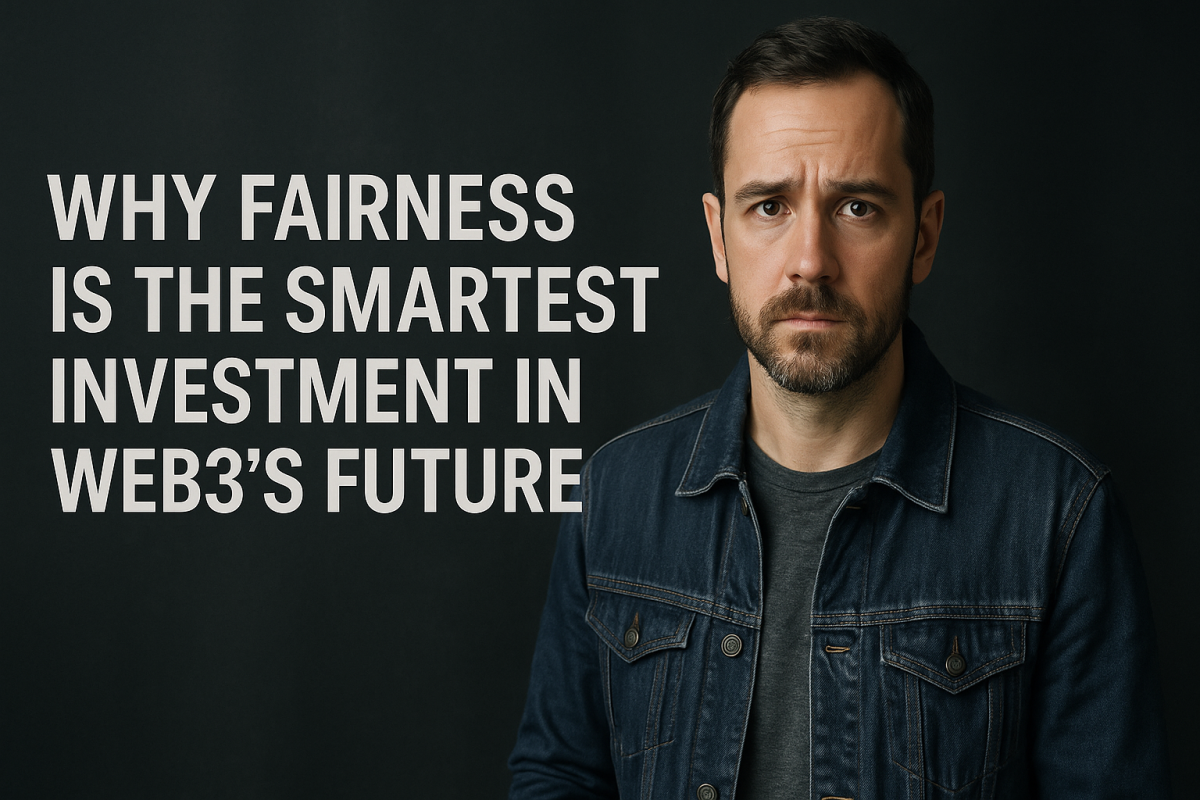From Truck Stops to Blockchain — The Journey Behind Funding Chain
In 2020, as the United States grappled with cultural upheaval, many people felt disillusioned by the shifting tides of societal values. Among them was Jesse Wachtel, a long-haul truck driver crisscrossing the nation’s highways. Jesse watched as stories of people being debanked, censored, or blocked from using fundraising platforms like GoFundMe flooded the media. For Jesse, a man driven by fairness and justice, this wasn’t just a political issue — it was a human one.
Dissatisfied with simply lamenting the state of things, Jesse took an unexpected turn: he began to teach himself how to code.
“I needed to do something,” Jesse reflects. “Every night in my truck, I was learning about blockchain and smart contracts. I wanted to build a system where no one could shut you out because of your beliefs or projects.”
That spark of determination led to the creation of FundingChain.io — a decentralized, blockchain-based fundraising platform designed to ensure every donation goes directly to its intended cause. Using smart contracts, FundingChain removes middlemen, creating a transparent and secure environment for anyone seeking to raise money, whether for personal causes, business ventures, or charitable efforts.
But as Jesse candidly admits, coding was the easy part.
“The hardest challenge was understanding how people interact with technology,” Jesse explains. “Making something human-centric — that’s where the real work is. You can write the cleanest code, but if people can’t use it easily, it won’t matter.”
Honestly, as I reflected on Jesse’s journey, I thought coding would be the hardest part — but I was happy to realize I was wrong. The human-centered side of the technology is even more important than I had imagined.
After several rounds of testing and community feedback, FundingChain is now poised to launch publicly on July 1, 2025. Jesse and his team are particularly eager to see non-profit projects join the platform, embracing a system that resists censorship and promotes direct community support.
Today, Jesse also serves as the CTO of ThrilldLabs.io, a Web3 networking app for professionals seeking meaningful connections in the decentralized space. When asked about his vision for the future, Jesse offers a thoughtful pause.
“I try not to box myself into long-term predictions,” he says.
Being an author myself in the field of personal development, I can’t help myself reminding him that imagining the future from where you stand now can limit your vision, because circumstances shift and life often surprises us. Sometimes, the best vision for a successful life is finding meaning and purpose in what you’re doing right now and allowing that path to carry you to places you’ve never imagined.
It’s a powerful reminder that sometimes the most transformative journeys begin not from grand plans, but from quiet dissatisfaction, a willingness to learn, and the courage to build something better. Jesse’s story is as much about personal development as it is about his strong will to make a difference in the world through Web3 technology.










